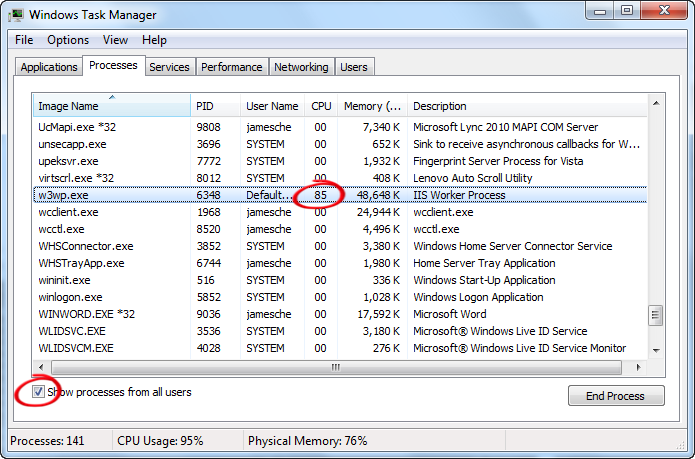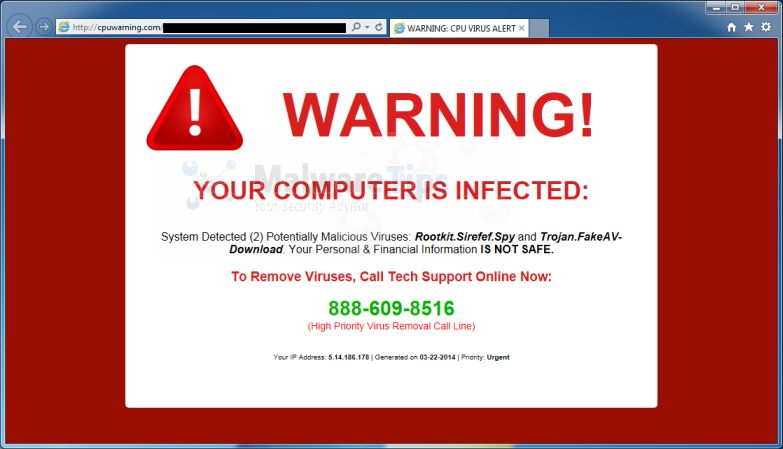Experiencing high CPU usage on your Windows system due to the rundll32.exe process? Find out the possible causes and solutions in this article.
Understanding Rundll32.exe Functionality

Rundll32.exe is a crucial process in Windows that allows dynamic-link libraries (DLLs) to be executed. High CPU usage by rundll32.exe can indicate various issues, such as malware, viruses, or misbehaving DLLs.
If you are experiencing high CPU usage from rundll32.exe, start by checking the Task Manager for any suspicious activities related to the process.
Scan your system with reputable antivirus software to ensure that your computer is not infected with malware.
If the issue persists, consider using a command-line interface to troubleshoot the problem further.
It is important to address high CPU usage by rundll32.exe promptly to prevent any potential vulnerabilities or system instability.
Identifying Malicious Use

- Unusual behavior: Look for any abnormal activities such as constant high CPU usage or random pop-up windows.
- Check the file location of the rundll32.exe process to ensure it is running from the correct system directory.
- Monitor network traffic: Keep an eye on any suspicious network connections or data transfers associated with the process.
- Use reputable antivirus software to scan for any malware that may be causing the high CPU usage.
- Check for recent changes: Investigate any recent software installations or updates that may have triggered the issue.
Monitoring and Detection Strategies
To effectively monitor and detect high CPU usage caused by the rundll32.exe process on Windows, utilize the Task Manager to identify the specific process consuming CPU time. Look for any unusual spikes in CPU usage that may be linked to the rundll32.exe process. Consider using an image scanner to check for potential malware or viruses that could be causing the high CPU usage.
If the issue persists, run a root cause analysis to identify the underlying problem that is causing the high CPU usage. Utilize command-line interfaces to troubleshoot the issue further and pinpoint any abnormalities in the system. Additionally, consider checking for any vulnerabilities in the system that could be exploited to cause high CPU usage.
By employing these monitoring and detection strategies, you can effectively identify and address high CPU usage caused by the rundll32.exe process on Windows.
Testing and Mitigating Threats
To test and mitigate threats related to the Rundll32. exe process causing high CPU usage in Windows, open the Task Manager to monitor the CPU usage and identify the specific process causing the issue. Once identified, scan your system for viruses or malware using an image scanner or antivirus software to eliminate any potential threats. Additionally, update your operating system and software to patch any vulnerabilities that could be exploited by malicious entities. It is also recommended to limit the number of programs running simultaneously to reduce CPU time and prevent overload. Regularly monitoring your system for unusual activity and taking proactive measures can help protect your computer from potential threats and maintain optimal performance.
FAQs
Can I close rundll32?
You should not close rundll32.exe as it is a legitimate system process essential for the functioning of your operating system and programs that rely on DLL files. Disabling or removing it can lead to severe issues.
Why is Windows host process rundll32 running?
Windows host process rundll32 is running because it is a critical Windows process that launches other 32-bit DLLs on your computer.
What is rundll32.exe doing in my computer?
Rundll32.exe is a program used to run program code in DLL files which is part of Windows components. It is commonly mistaken as a virus due to viruses that use this name, and there are instances where the file gets replaced with a malware-infected one.
How do I know if rundll32 is a virus?
To determine if rundll32 is a virus, you can check the publisher of the file, scan it with Windows Security, monitor its network activity, analyze it with VirusTotal, and run it in Windows Sandbox for further testing.
